When a poem is titled something like ‘Petals‘, as is the case with Lowell’s work, it invokes a common image, usually to create a metaphor for the explanation of an uncommon idea. Anyone can bring to mind the idea of petals; they’re hardly uncommon signs! This is what makes them strong candidates for metaphoric analysis.
To write a poem about an abstract concept is no simple test, particularly considering how open to interpretation such concepts are by nature. Creating a central image for poems such as Lowell’s ‘Petals‘ helps significantly with conveying those unique ideas in an accessible and thought-provoking way.
Petals Amy LowellLife is a stream On which we strew Petal by petal the flower of our heart; The end lost in dream, They float past our view, We only watch their glad, early start.Freighted with hope, Crimsoned with joy, We scatter the leaves of our opening rose; Their widening scope, Their distant employ, We never shall know. And the stream as it flows Sweeps them away, Each one is gone Ever beyond into infinite ways. We alone stay While years hurry on, The flower fared forth, though its fragrance still stays.
Petals and Textual Analysis
Stanza One
Life is a stream
On which we strew
Petal by petal the flower of our heart;
The end lost in dream,
They float past our view,
We only watch their glad, early start.
Immediately, the poem connects with its reader by using the “we” pronoun, and by trying to connect with and relate to them through the concept of the petal. Petals are fragile, beautiful, and fleeting by nature. The human heart, the speaker professes, is a petalled flower, and it is easy to see why — the heart too is a beautiful concept, and is, the narrator is suggesting, fragile. They also proclaim that life is a stream, and this is an easy metaphor to process; like life, a stream is always flowing, and always moving forward. The stream also works as an analogy for what happens as the heart progresses through time. Early on, the flower is fully petalled and perfect; as time flows with the stream, petals fall off of the flower and are immediately carried away, never to be seen again. The speaker watches as petals float down the stream only briefly before they disappear forever — but is gladdened to see them take off.
In this first verse, the speaker establishes the title metaphor. Importantly, the person whose petals are being strewn is doing so intentionally; while in nature petals fall off of flowers naturally as time goes on, in life, a person willingly drops pieces of their heart into a stream they cannot control. It is a brave act, it is a significant one, and it is beautiful — as beautiful as a flower as its petals drop into a stream.
Stanza Two
Freighted with hope,
Crimsoned with joy,
We scatter the leaves of our opening rose;
Their widening scope,
Their distant employ,
We never shall know. And the stream as it flows
Sweeps them away,
Each one is gone
Ever beyond into infinite ways.
We alone stay
While years hurry on,
The flower fared forth, though its fragrance still stays.
The second and final verse is twice as long as the first one, though it follows the same pattern of two short lines following a single line around twice as long, and then another set of three lines that rhyme with the first three (ABC, ABC). The first three lines suggest further that the metaphoric flower is a rose specifically (which is already a typical expression of love, which is appropriate), and that it is “freighted” and “crimsoned” by hope and joy; these are the things, then, that keep the heart beating (or “moving forward,” as the word freighted implies) and keep the rose as red as it should be. And it is in this state of mind that a person scatters their petals into life, hoping to see some good come out of the result.
In the following lines, the speaker reflects on the nature of these petals, and the way they simply disappear forever; in a moment, they go from passing by in the stream to being distant and gone. The note that the petals disappear in “infinite ways” is a strongly optimistic idea; when a person puts their emotions on their sleeve and strews a petal into the stream, anything can come of it — anything at all. There are infinite ways in which that petal could arrive at infinite unknowable destinations.
The poem ends on a slightly more open note, however, because the speaker is stationary. The reader can imagine them standing on the bank beside the stream their petals are being strewn into, having no choice but to watch them float away, and wonder what will become of them. Over time, the flower, which had a finite number of petals, to begin with, wilts into a bud, but the fragrance — the memories of joy and hope — remains, and are able to sustain the speaker for a long time afterward.
Historical Context
Amy Lowell was a poet of the early twentieth century who made notable contributions to the Imagist movement being perpetuated by poets such as Ezra Pound and Thomas Hulme. She was well-known as an advocate of all forms of poetry and attempted to publish works by unknown authors as well as to aid with the sharing of works by known poets.
Lowell wrote ‘Petals‘ around 1912, during a time when it was believed she was in a relationship with an actress named Ada Russell, though this has never been proven. If true, it is likely that this and other relationships in Lowell’s life served as the inspiration for ‘Petals‘. It is also notable that Lowell never married, and died without a spouse or child; this may serve to explain the overall theme of the poem, where the narrator is constantly leaving petals in the world, but always watches them vanish forever — in the case of Russell’s life, this may well be how she felt about her relationships, although this was written when she was thirty-eight years old.
A famous quote attributed to Lowell reads, “God made me a businesswoman and I made myself a poet.” This line is an aspect of her personality that is strongly present in her works. Reports from her time period suggested that Lowell had a strong temper and a strong capacity for vivid emotions, and she often channeled these passions into her own work. In that light, ‘Petals‘ is a relatively subdued example of her talent, but still one of her strongest poems.




